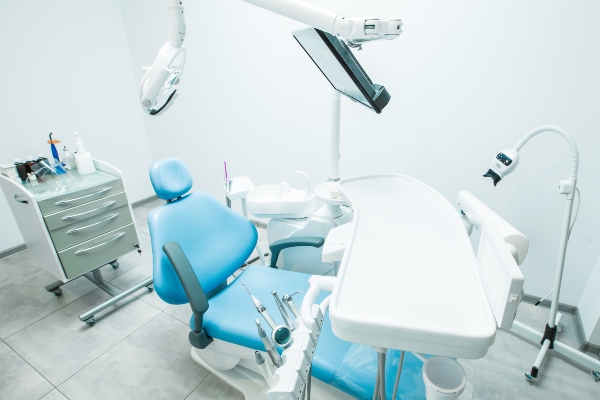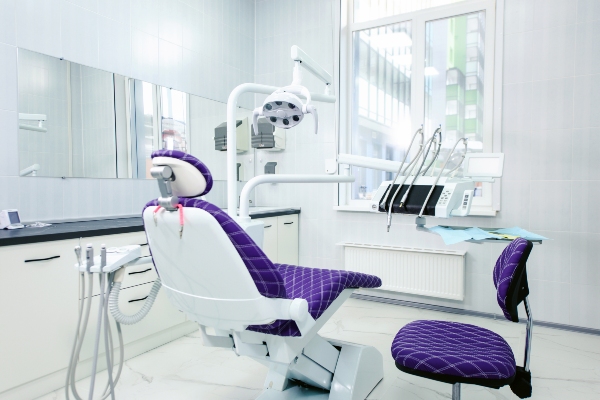Why Does My Tooth Need a Crown After a Root Canal?

When it comes to a root canal, most patients have a crown placed on the remaining tooth. For a lot of people, this is just a given. The truth is that not every patient goes this route. However, there are several reasons why having a crown added is important. After all, you want to do everything possible to protect your teeth.
The root canal process
Because a root canal is virtually painless, there is nothing to fear. Instead of living with pain, an individual will need to visit a dentist. If necessary, the dental professional will determine if the patient needs a root canal. Typically, the dentist performs this procedure on the same day as the examination. If there is only one tooth involved, the process will only take about an hour to complete.
Getting started
For a root canal, a trained dentist or endodontist first numbs the patient’s mouth. After drilling a small hole in the tooth, the dental professional removes the pulp and any debris. At that same time, the dentist reshapes the canal. Doing this eliminates the risk of the patient developing an infection. Also pulling a tooth is an option, the goal is to save a person’s permanent tooth. That is why a root canal is so valuable.
Adding a crown
After completing the root canal procedure, the dentist caps the tooth with a crown. Since this is custom made, the patient receives a temporary crown until the permanent one is ready. Some dentists have the equipment in their office to make a cap. Otherwise, the order goes to a dental laboratory that creates it. If made off-site, the patient would return to the dental office for the fitting.
Considering the dentist drilled the tooth and removed debris, the procedure weakens the tooth. The primary reason for getting a crown after a root canal is that it strengthens the tooth. Once capped, the patient’s tooth can continue functioning as it should. That means the individual can eat without any problem.
A crowned tooth following a root canal also serves as a protective barrier. Without any covering, debris would get inside, possibly leading to irritation or infection. There is also an aesthetic reason for this step. Especially if a patient has a root canal on a visible tooth, it should be covered. A crown of the same color and shape as the person’s natural tooth would not stand out.
If a patient tends to grind their teeth at night, the crown prevents any damage to the natural tooth. Even so, the dentist might recommend a mouthguard. Made to fit the mouth, the patient will sleep with the device in place. As a result, any grinding would not cause chips or cracks.
There are times when a dentist does not crown a tooth after a root canal. Usually, a dental professional considers the location and function of the tooth when deciding. Of course, a patient can opt to have a tooth capped regardless.
Saving your teeth
While you might not think that having a root canal sounds like fun, it causes no pain and protects your tooth. That way, you can keep eating, smiling and laughing confidently. As soon as you experience a problem, contact your dentist. You want to report any pain right away.
Request an appointment here: https://www.palmbeachdentistry.com or call Palm Beach Dentistry at (561) 225-2057 for an appointment in our Delray Beach office.
Check out what others are saying about our services on Yelp: Read our Yelp reviews.
Recent Posts
An emergency dentist provides urgent care for individuals experiencing sudden dental issues that require immediate attention. Understanding what qualifies as a dental emergency can help patients determine when to seek professional help. While some dental problems may seem urgent, others can be addressed with routine care. Whether due to a sudden injury, severe pain, or…
An emergency dentist offers urgent and specialized care for unplanned dental issues, especially when severe pain or sudden trauma requires immediate attention. These situations can feel overwhelming and may raise many questions about what to expect and how to prepare. Therefore, it is good to have a list of questions to ask before arriving at…
An emergency dentist can provide fast and effective treatment for urgent dental issues. Whether a tooth is cracked, knocked out, or severely chipped, immediate care can be vital in helping to prevent further complications. Ignoring a dental injury can lead to pain, infection, or even permanent tooth loss. Therefore, knowing when to seek an emergency…
Oral health myths can often lead to misguided attempts to solve dental problems, potentially making things worse. Emergency and general dentists frequently treat patients who have attempted (and failed) to manage dental emergencies with these quick fixes. Debunking common myths about oral health can save patients time, money, and trouble. Along with that, debunking these…


